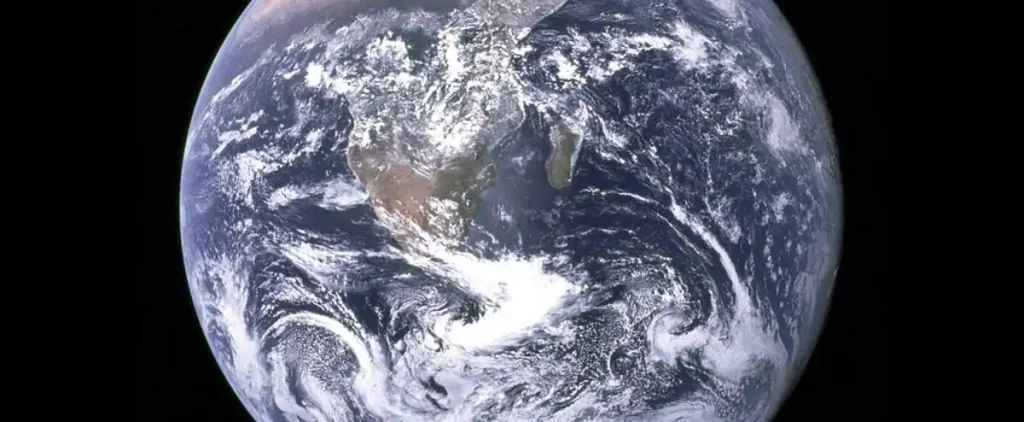Non-governmental organizations Global Footprint Network and WWF warned Thursday that humanity will have used up everything the planet can produce within a year without running out, and will live the rest of the year in debt.
To put it figuratively, it would take 1.75 of the Earth to provide for the needs of the world’s population in a sustainable way, according to this indicator created by researchers in the early 1990s, and it’s still getting worse.
This date corresponds to a time when “humanity consumed everything that ecosystems could renew in one year,” according to the two NGOs.
During the remaining 156 days [jusqu’à la fin de l’année]“Our consumption of renewable resources will consist of gnawing at the planet’s natural capital,” Leticia Millis of the Global Footprint Network said during a press conference.
This does not even take into account the needs of other species that live on Earth. “You also have to leave spaces for the wild world,” she adds.
“Outrun” occurs when human pressure exceeds the regenerative capabilities of natural ecosystems. According to the NGO Global Footprint Network, which monitors this measurement, it has continued to widen for 50 years: December 29, 1970, November 4, 1980, October 11, 1990, September 23, 2000, August 7, 2010.
In 2020, this date was pushed back by three weeks under the influence of restrictions associated with the COVID-19 pandemic, before returning to previous levels.
The diet has gone crazy
This ecological footprint is computed from six different categories, “crops, pastures, forest areas needed for forest products, hunting areas, built-up areas, and forest areas needed to absorb carbon emitted by “fossil fuel” combustion and are closely related to consumption patterns, particularly in countries rich.
For example, if all humans lived like the French, Earth Transgression Day would have occurred even earlier, on May 5, 2022.
The World Wide Fund for Nature (WWF) and the Global Footprint Network are particularly accusing our food system.
“Our diet has lost its mind with the excessive consumption of natural resources, without meeting the needs of the fight against poverty” on the one hand, and on the other hand, the epidemic of overweight and obesity, comments Pierre Canet, of the World Wildlife Fund in France.
“The ecological footprint of food is large: food production mobilizes all footprint classes, particularly crops [nécessaires pour l’alimentation animale et humaine] and carbon [l’agriculture est un secteur fortement émetteur de gaz à effet de serre]’, detailing the two NGOs.
In total, more than half of the planet’s biological capacity [55 %] It is used to feed mankind.”
More specifically, “a large part of the food and raw materials are used to feed the animals and animals that we then consume,” explains Pierre Cannett. In the case of the European Union “63% of the land is arable […] It is directly related to animal production”, for example.
However, agriculture contributes to deforestation, climate change by emission of greenhouse gases, biodiversity loss and ecosystem degradation, with much of the fresh water used, the NGOs say.
And based on scientific recommendations, they called for a reduction in meat consumption in rich countries.
“If we can reduce meat consumption by half, we can postpone the date of the overrun day by 17 days,” says Laetitia Millis.
She adds that reducing food waste will make it possible to postpone the date by 13 days, which is not insignificant,” while a third of the world’s food is wasted.

“Total coffee aficionado. Travel buff. Music ninja. Bacon nerd. Beeraholic.”







More Stories
Overtourism in Venice | Paid entry: Tourism “must change,” according to the mayor
What exactly is a “job”?
The Supreme Court should deny Trump any criminal immunity